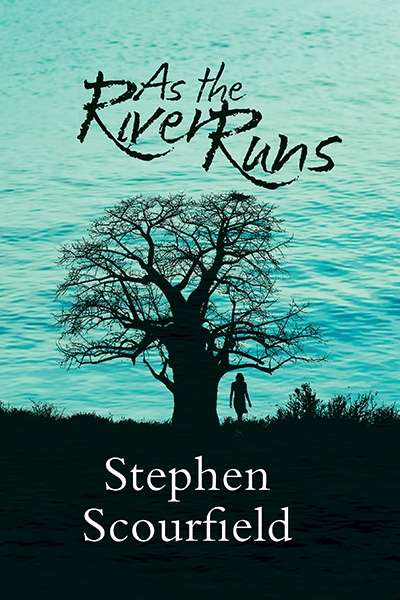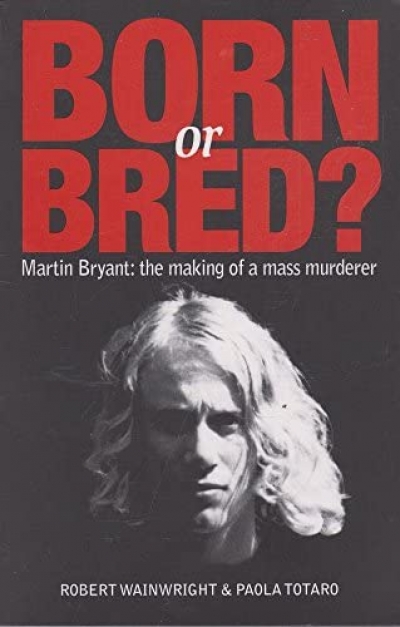Ben Eltham
When I was a teenager, I attended a theatre workshop organised by Australian Theatre for Young People. Nick Enright, who led the workshop, told a story about seeing the opening-night production of David Williamson’s The Removalists (1971) from backstage. Twenty years on, Enright’s description of the look on the audience’s faces as they contemplated the ...
Left Turn: Political Essays for the New Left edited by Antony Lowenstein and Jeff Sparrow
by Ben Eltham •
Born or Bred?: Martin Bryant: The making of a mass murderer by Robert Wainwright and Paola Totaro
by Ben Eltham •






